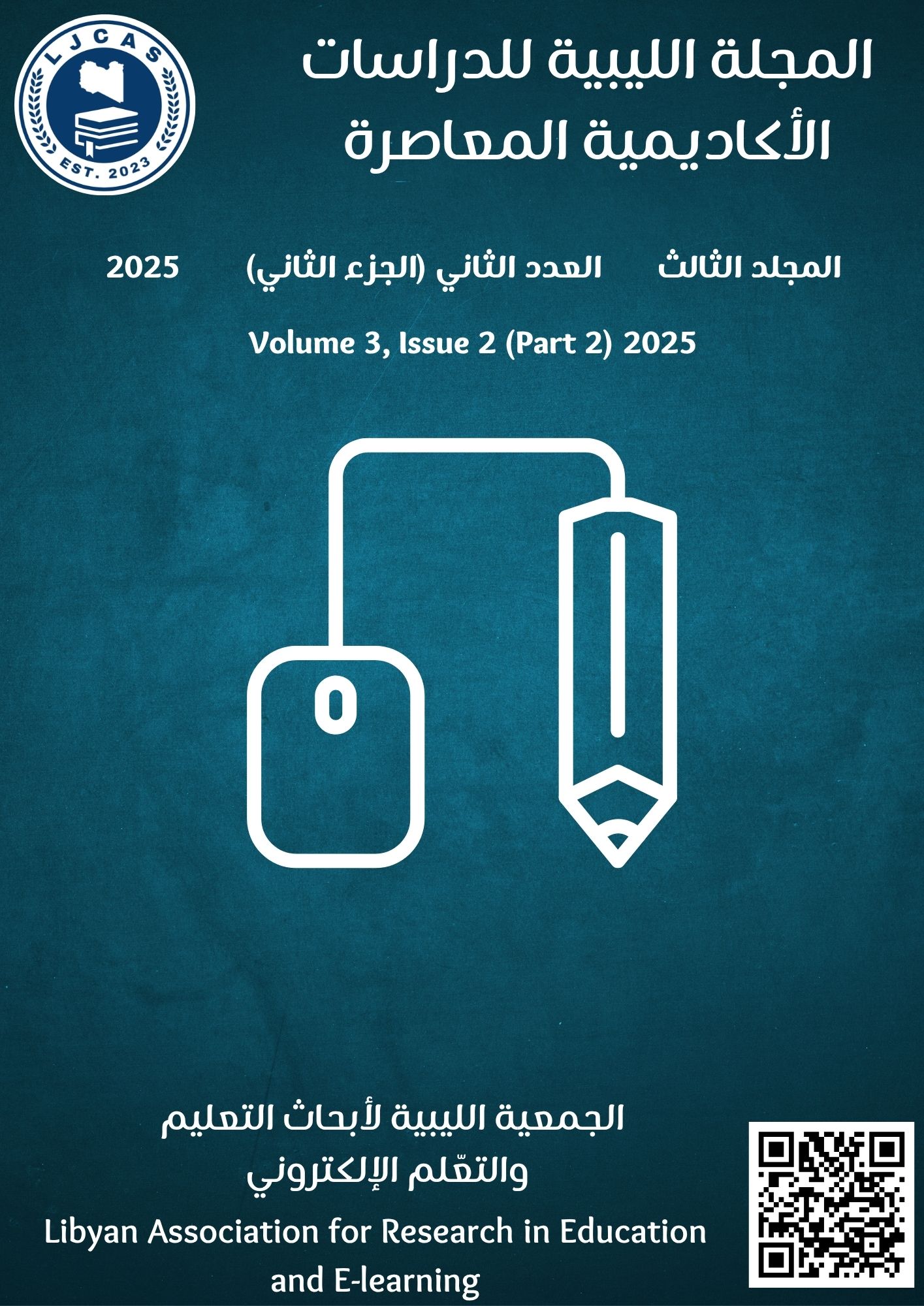Sudan's Civil War and Peacebuilding Opportunities
DOI:
https://doi.org/10.65417/ljcas.v3i2.187Keywords:
conflict, civil war, security, regional, peace, stabilityAbstract
This study examines the Sudanese civil war and the opportunities for peacebuilding. This war represented the most prominent manifestation of political, social, and economic instability witnessed by the Republic of Sudan in the twenty-first century. It aims to analyze the roots of the conflict and the underlying political, economic, social, and cultural causes, focusing on issues of marginalization, identity, tribal divisions, and the role of regional and international powers in this war. It also seeks to explore the humanitarian, economic, and social repercussions of the ongoing war and analyze the opportunities and challenges of peacebuilding in light of the current Sudanese reality. The study adopts a descriptive-analytical approach, utilizing relevant documents, reports, and academic sources. The study concludes that the continuation of the conflict was due to the intertwining of social and political factors and the weakness of state institutions. However, achieving peace remains possible through building trust among all parties to the conflict and social components within Sudan, as well as promoting transitional justice and establishing a governance system that guarantees the participation of all parties to the conflict.







